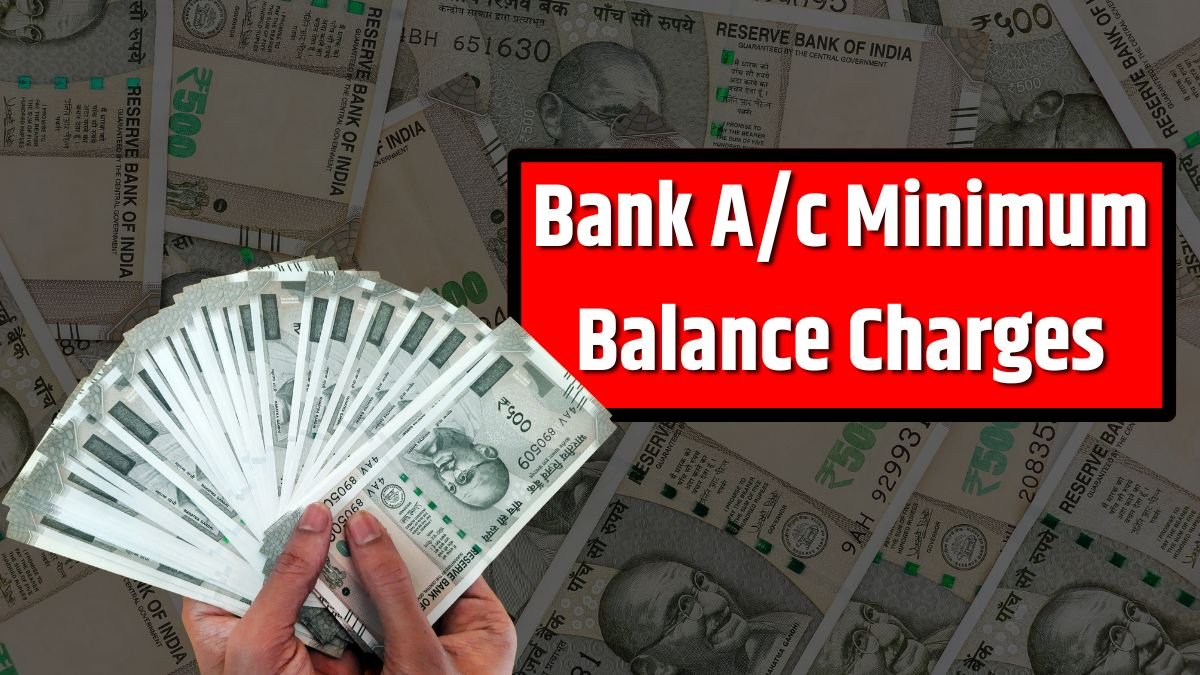Are you tired of worrying about maintaining the minimum balance in your savings account every month? Do penalty deductions stress you out—especially when you’re already managing a tight budget? If yes, here’s some good news that might just lift a weight off your shoulders.
In a welcome move, six major government banks in India have changed the rules. They’ve decided to remove the penalty charges for not maintaining the minimum balance in regular savings accounts. That means no more surprise deductions when your balance falls short. Let’s take a closer look at the banks that are offering this relief and how it benefits you.
Which Banks Have Ended Minimum Balance Charges?
1. Union Bank of India
Starting from the September 2025 quarter, Union Bank will no longer deduct charges for falling below the required minimum balance in standard savings accounts. The bank confirmed this update through a recent press release. So, even if your balance dips, your money stays safe from penalties.
2. Bank of Baroda
From July 1, 2025, Bank of Baroda has completely waived off the non-maintenance charges on all regular savings accounts. However, this waiver does not apply to premium account types, so check your account category before relaxing.
3. Indian Bank
Indian Bank customers can breathe easy too. As of July 7, 2025, the bank has scrapped all minimum balance charges on savings accounts. This applies to all account holders without any exceptions.
4. Canara Bank
Canara Bank was ahead of the curve, implementing this customer-friendly move back in May 2025. Whether it’s a regular savings account, a salary account, or even an NRI account — there’s no more penalty for low balances.
5. State Bank of India (SBI)
SBI has been a pioneer in this area. The bank abolished minimum balance requirements way back in 2020, providing consistent relief to millions of customers across India.
6. Bank of India
Recently, Bank of India also joined the list of banks making life easier for customers. By removing minimum balance penalties, they aim to increase financial flexibility, especially for those who rely on every rupee.
What is AMB and Why Does It Matter?
AMB stands for Average Monthly Balance—a requirement where banks used to expect customers to maintain a certain average amount in their accounts each month. If your balance went below the set limit, a penalty would be automatically charged.
But with these new rules, many government banks are eliminating this outdated condition, making it easier for account holders—especially those in rural areas, students, and low-income households—to manage their finances without fear.
What This Means for You
If your savings account is with any of the banks listed above, you now have:
- Freedom from monthly balance stress
- No risk of penalty charges
- More control over your money
- Increased flexibility for families, senior citizens, and daily wage earners
Final Thoughts
This step by India’s leading public sector banks is more than just a rule change—it’s a nod to the financial struggles of common citizens. In times when every rupee counts, removing unnecessary penalties is a move in the right direction.
